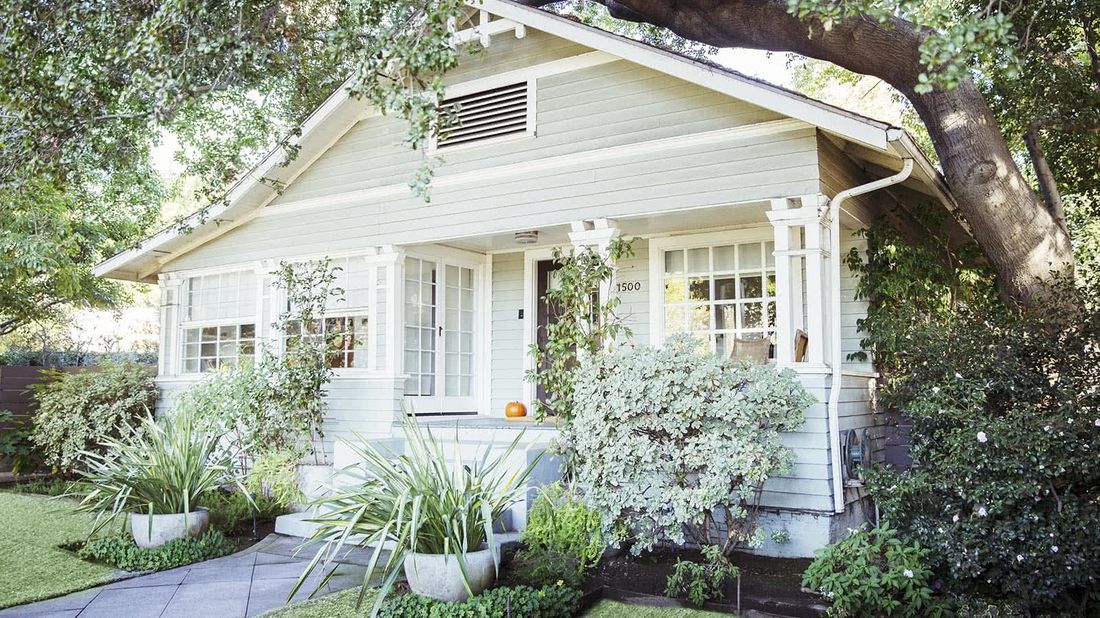How Much Does It Cost to Refinance a Mortgage?

If you're looking to refinance your mortgage this year, get ready to face a monster list of fees.
Refinancing your home loan, which entails replacing your existing mortgage with a new loan that has a potentially lower interest rate, can save you thousands of dollars over the lifetime of your mortgage. But it can also be a time-consuming and costly endeavor. So before you rush to refinance as a way to save, it’s important to have a rough estimate for what costs you’ll incur by the time you close — not only so you can budget your money accordingly, but also to help you determine whether refinancing will actually be cost-effective.
Here are the types of fees your lender will likely charge you and how much you can generally expect to pay, along with other costs that go along with getting a new loan.
LOAN FEES
Mortgage Application: You’ll be charged right out of the gate to have your refinancing application reviewed by a lender. This fee covers an underwriting analysis of your application, as well as a credit check. Keep in mind that you’ll have to pay the mortgage application fee even if your application is denied. Cost: $75 to $300
Loan Origination: This fee could be one of the most significant costs in the refinancing process. It compensates the lender for the task of processing your loan application. Cost: Up to 1.5 percent of the loan principal.
Mortgage Points: A mortgage point is a fee you might pay at closing in exchange for reducing your interest rate. Each point you pay for would lower your rate somewhere between one quarter and a half of a percentage point. Cost: Each point typically costs 1 percent of the value of your loan principal.
INSURANCE
Flood Certification: If there’s a possibility that your home is located in a flood zone, the lender will hire a company to certify that, as well as verify in which zone you’re situated. If you do end up being in a flood zone, you’ll have to carry flood insurance. Cost: $50 to $150
Title Search: Your lender employs a title company to review property records. That company certifies who the rightful owner of the property is and checks for existing liens. Cost: $200 to $400
Title Insurance: There are two types of title insurance: One that protects you and one that protects your lender in the event that the information that comes up during the title search is proven inaccurate. When you’re refinancing, you can probably keep the same title insurance that provides coverage for you, but you’ll need a new policy to cover your lender. Cost: $400 to $800
Private Mortgage Insurance: If you refinance with less than a certain percentage equity in your home, typically 20 percent, your lender will require you to get private mortgage insurance (PMI) until you reach the required threshold. Cost: 0.5 percent to 1.5 percent of loan principal
PROPERTY-RELATED FEES
Survey: A surveyor visits your home, confirms the boundaries of your property, and maps out important features and structures on it. Cost: $150 to $400
Inspection: A home inspector may be hired to assess your wiring, roofing, susceptibility to pests and any other structural issues. Cost: $175 to $350
Appraisal Report: An appraiser examines your residence, compares its features and condition to similar homes that have sold recently and determines the current market value of your property. Cost: $300 to $700
CLOSING FEES
Document Preparation: Closing on a mortgage necessitates a mountain of legal paperwork. Prepping that documentation takes time, and you’ll be expected to cover the cost of it. Cost: $200 to $500
Attorney Fees: An attorney could act as the closing agent for your refinancing. He or she might compute the figures you see on closing day and review the legality of the prepared documents. Cost: $500 to $1,000
Database Recording: Sales and refinances of homes are a matter of public record. This cost covers having your loan information entered into the appropriate databases. Cost: $25 to $250
Government Loan Fees: Are you refinancing to a government-sponsored loan, like one provided through the Federal Housing Administration (FHA) Streamline program or the Department of Veterans Affairs (VA)? You may be absolved of paying some of the traditional refinancing fees, but you could be required to shell out for additional costs like the VA Funding Fee. Cost: Up to several thousand dollars
Prepayment Penalty: In refinancing your home, you’re signing up for a new mortgage and paying off your existing mortgage. And, in so doing, you’re denying your current lender the benefit of all the interest you would have paid over the life of the loan. As a result, the terms of your existing mortgage might require you to pay a penalty fee for ending your mortgage before the term is up. Cost: Varies. This may be a flat fee (2 percent to 5 percent of your current loan balance) or a percentage of anticipated interest payments (typically 80 percent of six months’ worth of interest on your current loan balance).
Take the next step.
Your advisor will answer your questions and help you uncover opportunities and blind spots that might otherwise go overlooked.
Let's talk






